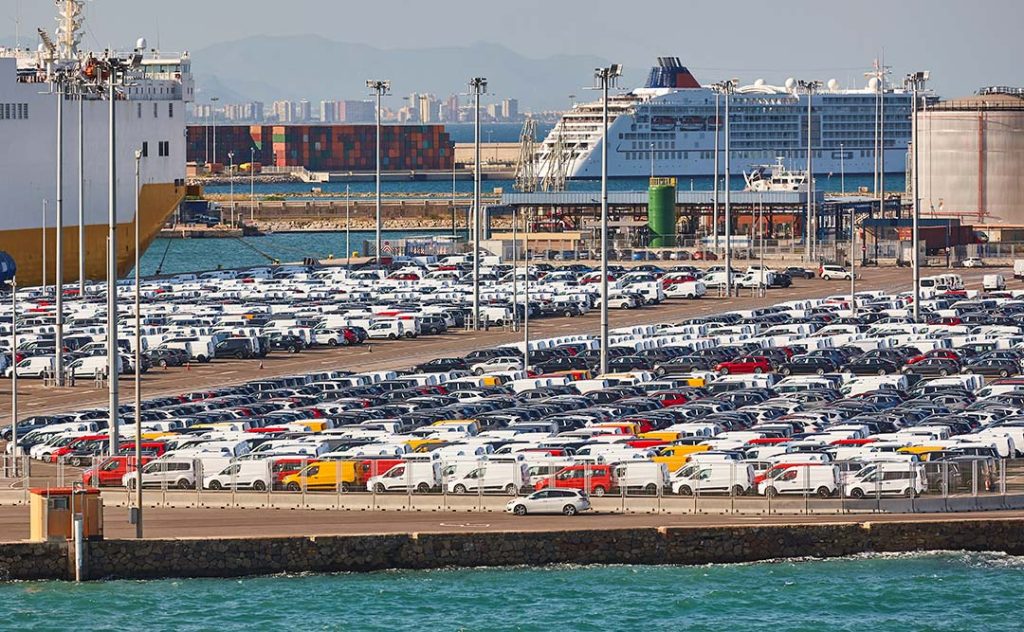Check all the legal procedures for importing cars

Since childhood we have idealized obtaining certain items, and one of them is having your own “dream car”. However, it’s not always easy when it comes time to finally own him, especially when there’s a possibility he might come from outside the country. This is influenced by several reasons, sometimes the value ends up frightening, […]


